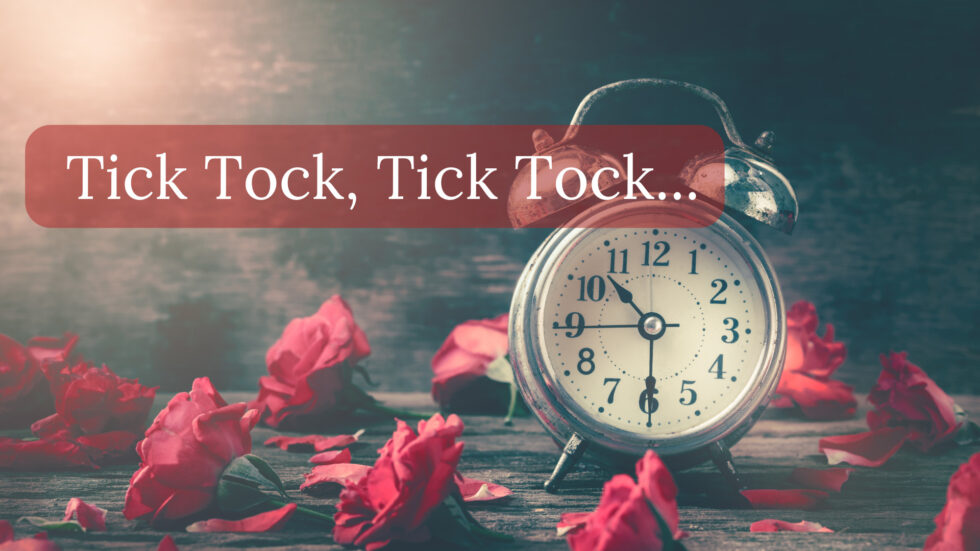“Love doesn’t just sit there, like a stone, it has to be made, like bread; remade all the time, made new.” Ursula K. Le Guin
I’ve been thinking a lot about time this week. That’s because my oldest child, my son, turns 30 today.
There’s a big part of me that can’t figure out how that happened. One minute I’m being wheeled out of the hospital with him in my arms. The next, he’s a grown man out on his own.
I have lots of memories of the time in between. Luckily, most of them good.
My mother used to say that she didn’t know how she had three daughters over the age of 40 when she was only 29. Now I know what she meant.
Time is the great equalizer. We all get the same amount—168 hours per week. No more. No less.
The difference is what you do with that time.
And he and I have done a lot in the 262,080 hours since he made his appearance in my life.
There’s a saying that time heals all wounds. But time, without action, just makes you older. It doesn’t change anything.
Healing and change takes action. But not just any action. It needs to be productive action. And, often, you don’t know what that looks like.
So you don’t do anything. And everything either stays the same. Or gets worse.
But, if you let them, your relationships can show you the way.
It’s a lesson my son has taught me over and over again.
He challenges me on many levels. My beliefs. My values. My boundaries. My plans for him.
He’s made me a better mother and a better person by being his own person.
It wasn’t always fun. But it’s always been worth it.
And that’s the value relationships can deliver. But only if you are open to it.
This means embracing being challenged. Again and again. Figuring out what you are supposed to learn and then taking action to put it into practice.
This is how you grow personally and keep your relationship progressing as well.
So, Happy Birthday to you my 30-year-old. May you always continue to challenge me.
And know that I love you.
AROUND THE WEB THIS WEEK
Emotional Communication: The Key to Real Connection
You may think that you and your spouse don’t communicate. But the truth is, you are never not communicating. It might be that you don’t like what the other is expressing. It might be that you are communicating at different levels. It might be that the surface level way you normally communicate leaves you feeling disconnected and unheard. Marriage and Family Therapist Carole Cullen introduces the concept of emotional connection and how you can use it to feel more loved and satisfied in your marriage.
Join our FREE Facebook Group for men only,
Good Guys, Great Husbands


